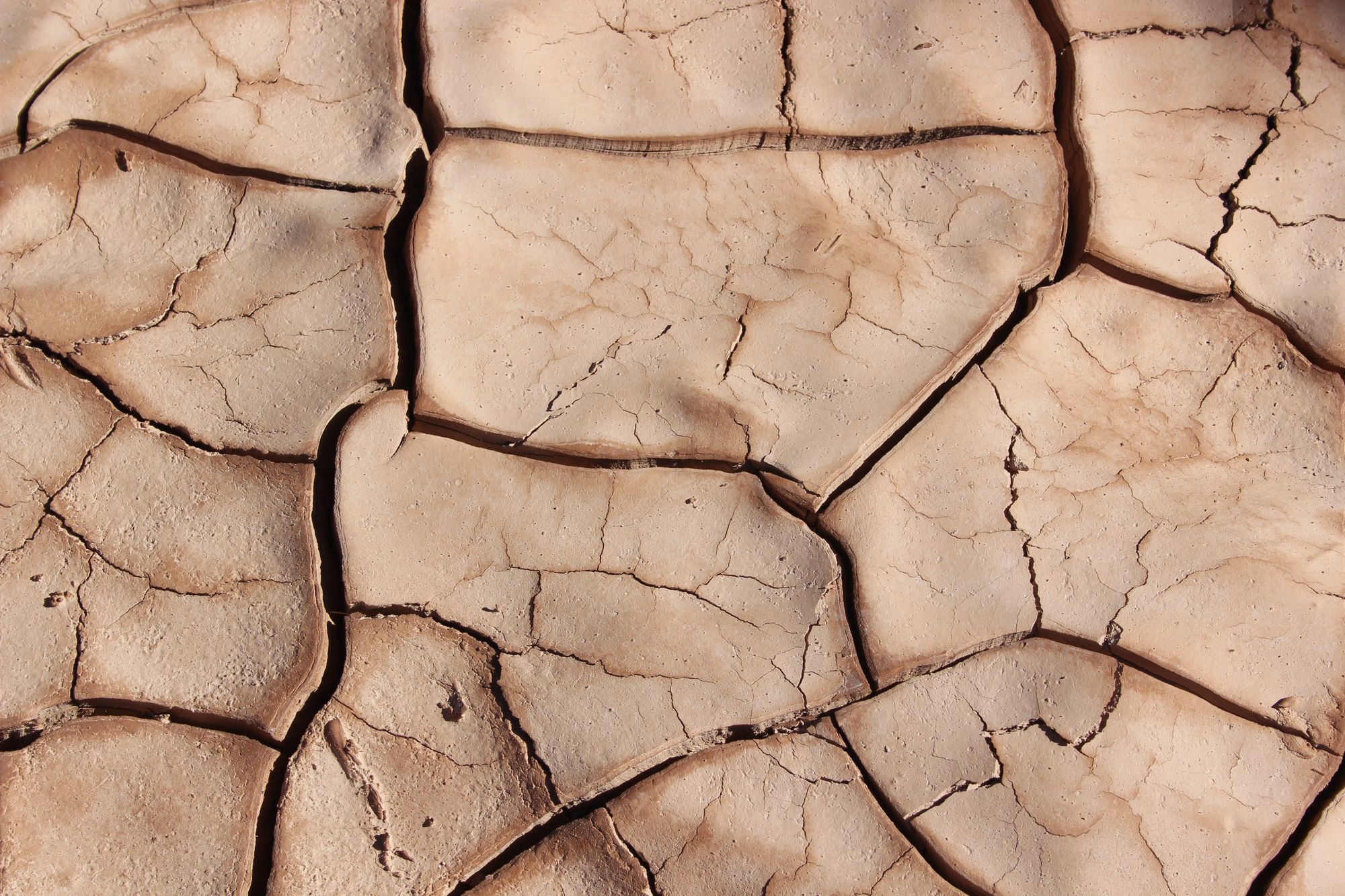Climate Change Slouches Onward

While I'm working on other content for the potential future of this endeavor, I wanted to take the time to point out the obvious: the weather this summer is indicative of the climate crisis. While it's difficult to look at a single incident of extreme weather--a single storm or day of heat--and say "this is climate change," much like the extreme cold we saw last winter, the heat dome over the Pacific Northwest that has pushed temperatures past record highs can be counted on as fueled by climate change. And while that article may say this is not the "new normal," we can count on an increase in such extreme events with some level of certainty.
The PNW isn't the only area in America hammered by weather right now. The coverage of the heatwave may be drowning it out, but unfortunately Detroit, Michigan is more literally drowning. A powerful rainstorm coupled with aging, crumbling infrastructure of a kind that can be found across the United States led to severe flooding throughout the city. I want to be very clear about this: when you combine the lack of investment in infrastructure that America has seen--particularly when it comes to underserved communities of color--you will see disasters such as what occurred in Detroit. And the worse climate change gets, the slimmer that section of protected population becomes, as only the rich will afford that prime high ground.
Every time you hear about a heatwave, a storm that washes out a community, a drought that sets farmers against other populations, you should be thinking "this is in the mail for me." Because it is. It is only a matter of time before a natural disaster hits your area, the state fails you, or both. And when that happens, the government will not be enough to save you. We protect each other. This is the mantra of the left. The same mutual aid organizations that protested the killing of George Floyd and Breonna Taylor last year are the organizations that are saving lives in Portland today.
Staying Cool
At a certain point, heat becomes unbeatable. While humans are some of the best thermoregulating animals on the planet, we have limits. Heatwaves push those limits, and people exposed to that heat for extended periods will suffer heat exhaustion or worse. The best defense against heat is air conditioning--which sucks, because it's a big contributor to the energy burden common consumers place on the planet, and that CO2 bill is obviously coming due as we speak.
However, it sucks for a second reason: air conditioners require electricity, which, again, is part of that shitty infrastructure we've got. Remember that cold snap that screwed Texas over?
Texas right now... #ercot pic.twitter.com/UjvwrJf8zy
— NotPokket (@NotPokket) June 14, 2021
Yeah.
If your power goes out, and you need to stay cool for an extended period of time in your home, treat your house almost exactly like you would in the winter. Insulation works for heat and cold, so the more you have of it, the better off you are. Some easy, practical tips:
- Coverup all your windows with aluminum foil, shiny-side out. Back this with cardboard or something sturdy. Drape blankets and towels behind that. At the very least, close your blinds, shut your curtains tight, etc. Any sunlight getting into your home is going to heat it.
- Close off rooms with direct exposure to the sun.
- Sleep downstairs if you live in a two-story building.
- If you can, buy ice and ice packs and store both in your freezer. When the power goes out and you find yourself getting hot, quickly retrieve an ice pack or ice cube(s), wrap in a thin towel, wet them down, and place the pack on your neck, wrists, armpits, or the inside of your thigh. If you do not have ice or ice packs, or a freezer for that matter, wet towels and drape them around yourself (rather than tuck them against your skin like an ice pack)--you want the water from the towel to evaporate so that it cools you down.
- Drink a lot, like a lot, of water.
- Avoid generating heat. Don't cook if you can help it. Avoid prolonged cell phone or laptop use.
- This may sound ridiculous, but when I lived in the desert I bought a bunch of small plastic squirtguns, filled them with water, and put them in the fridge. Who said a life-threatening heatwave can't be fun? (Everyone. Everyone did.)
For longer-term thinking and for a price, consider planting trees around your house, invest in some battery-powered fans or solar generators, and while you're at it, move north. But then again, it was 80 degrees in the Arctic Circle the other day, so maybe that won't save us either.
Not to be flip, but I joke to draw into relief the fact that climate change isn't an issue most of us can run from. It is existential, it is ever-worsening, and it will not be magically averted. There is no one coming to fix this, and the government will not only fail to prevent this damage, but they will fail to mitigate, respond, and adequately recover from it. We're on our own, and it's time we started acting like it.
